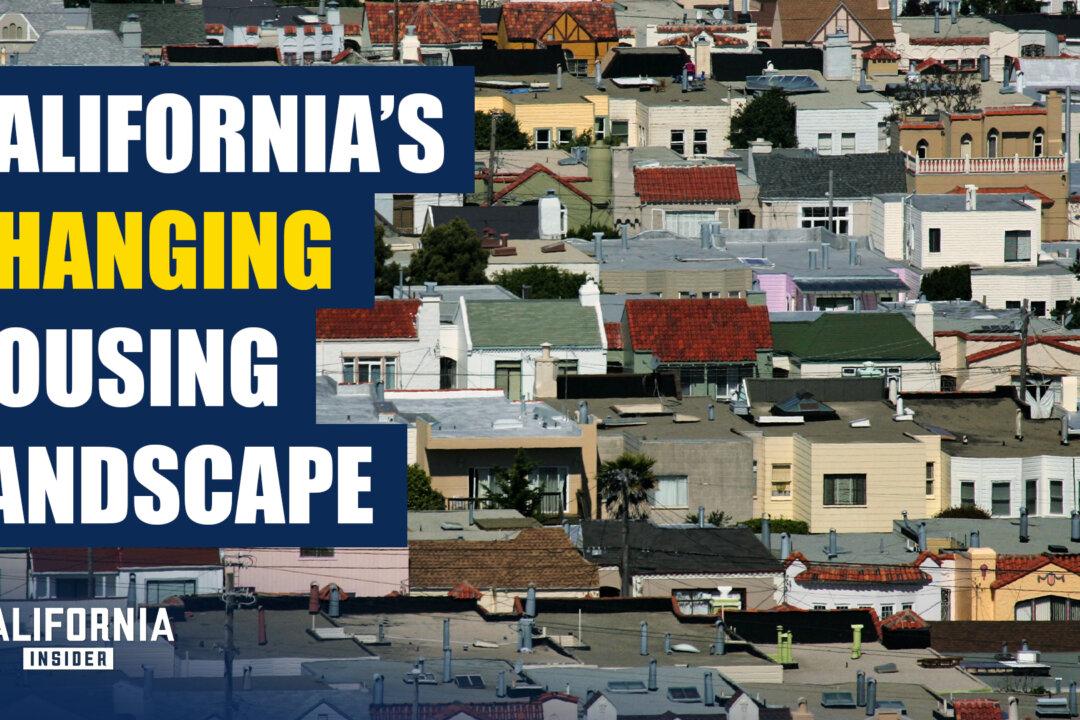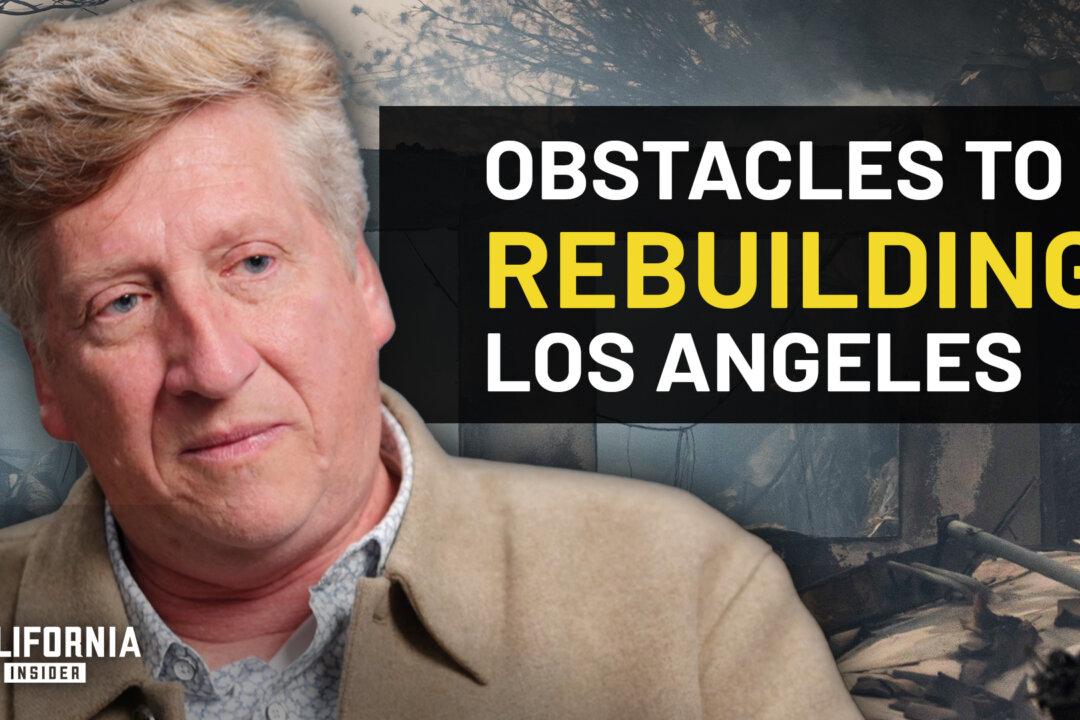Amy Kalish, housing activist and director of CitizenMarin.org, highlights the difficulties faced by small towns like Mill Valley, California, in meeting state housing mandates. The mandate requires the addition of 865 new residences, a challenging feat given the town’s geographical and infrastructural constraints.
California’s Changing Housing Landscape: The Hidden Costs of Affordable Housing | Amy Kalish

|Updated:




